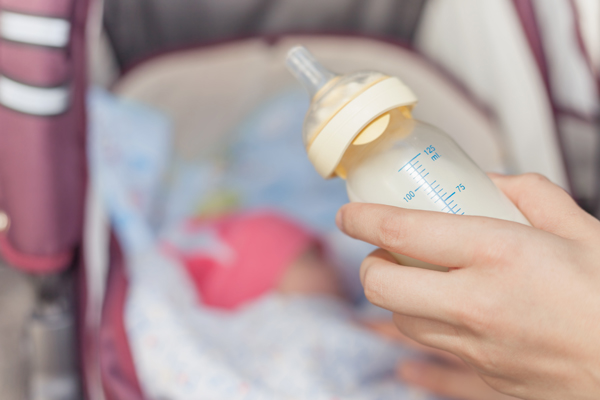Nursing strike: What can I do if my baby refuses breastfeeding?
Babies are born to breastfeed; they expect a breast, and biologically, they need it for at least their first year of life. They must breastfeed to survive, and there is no reason to stop. But there are some babies who, from one day to the other and usually between 8 months and a year old, stop breastfeeding, and then they don’t want to get close to the breast anymore: this is also called a nursing strike. When the mother does…









